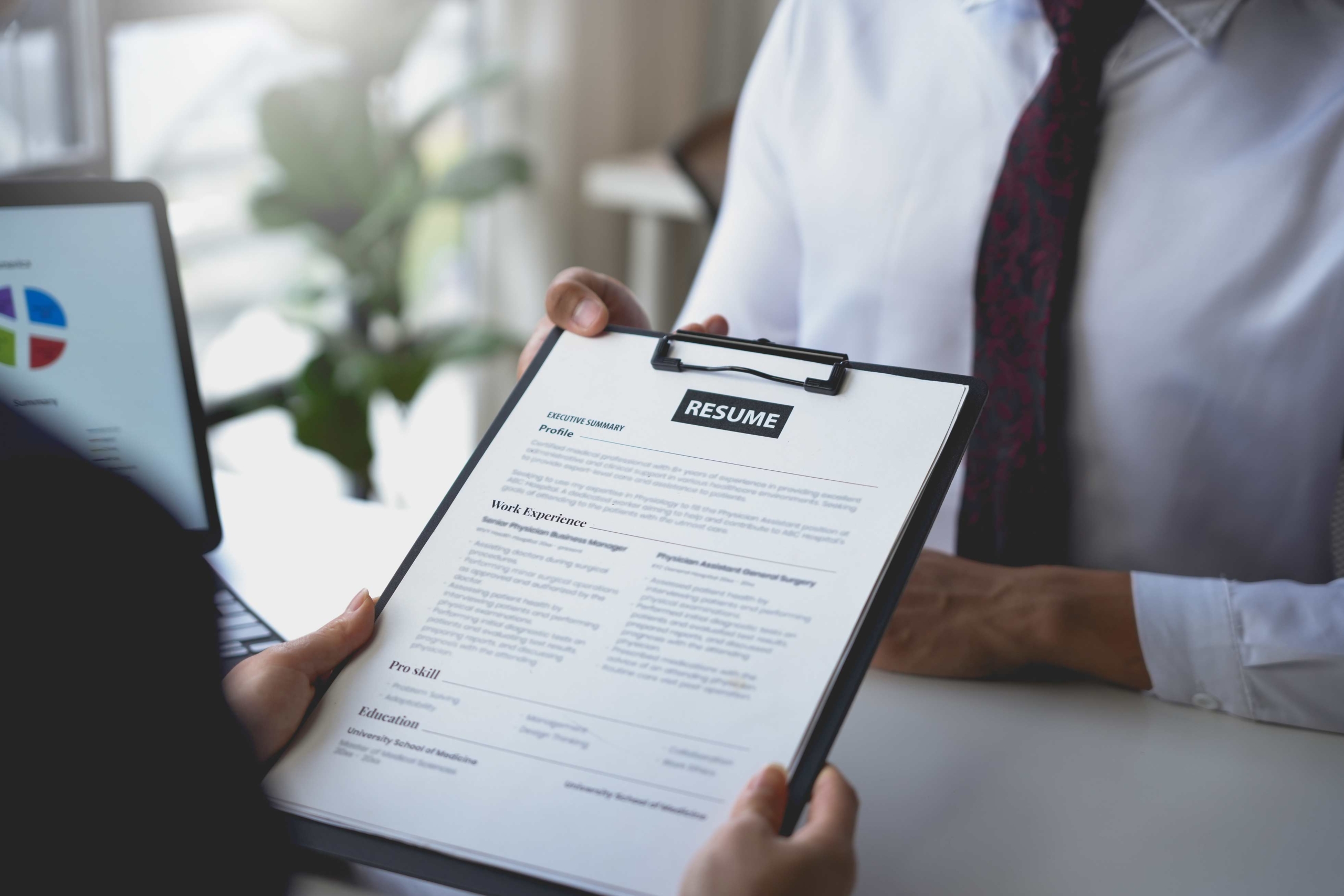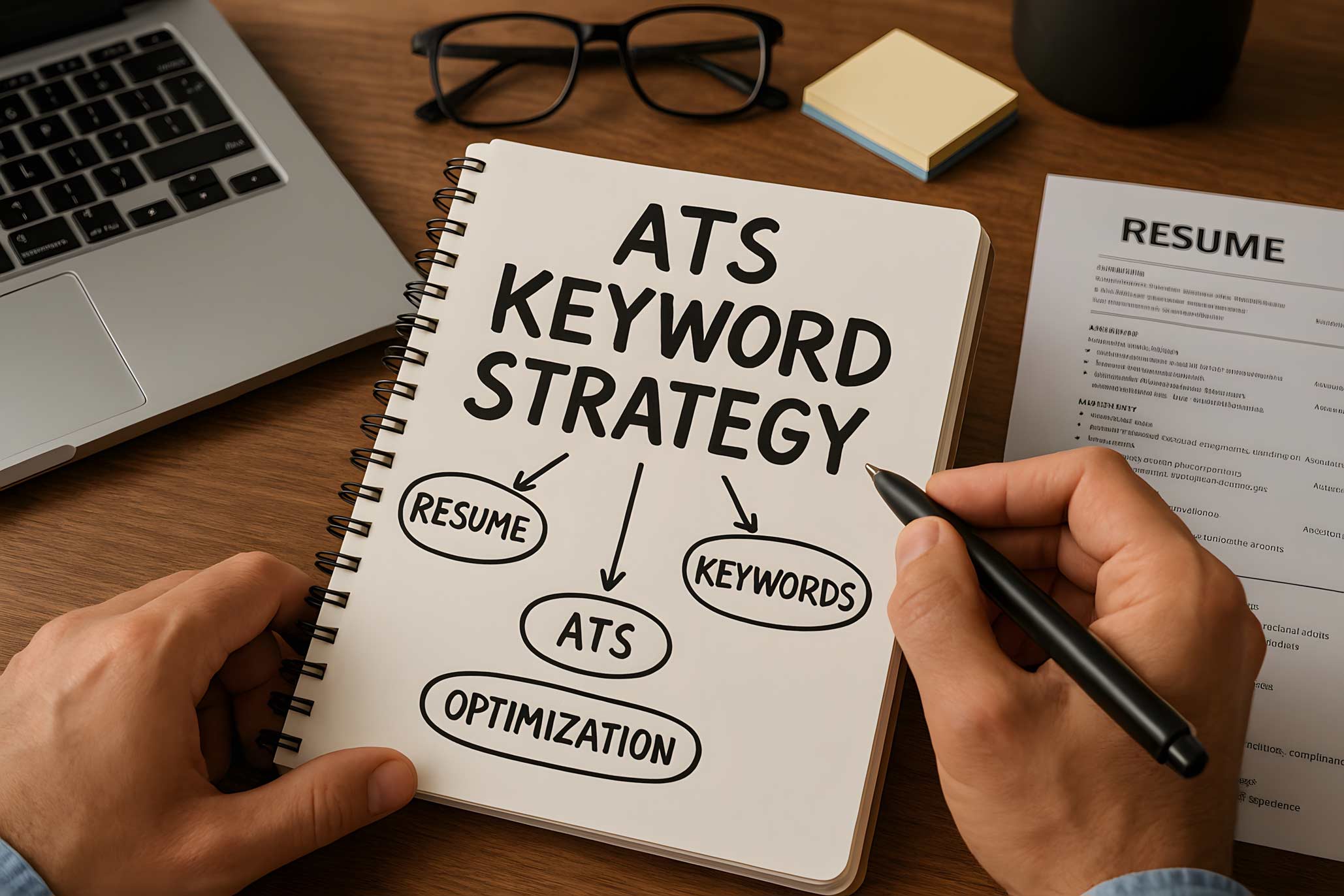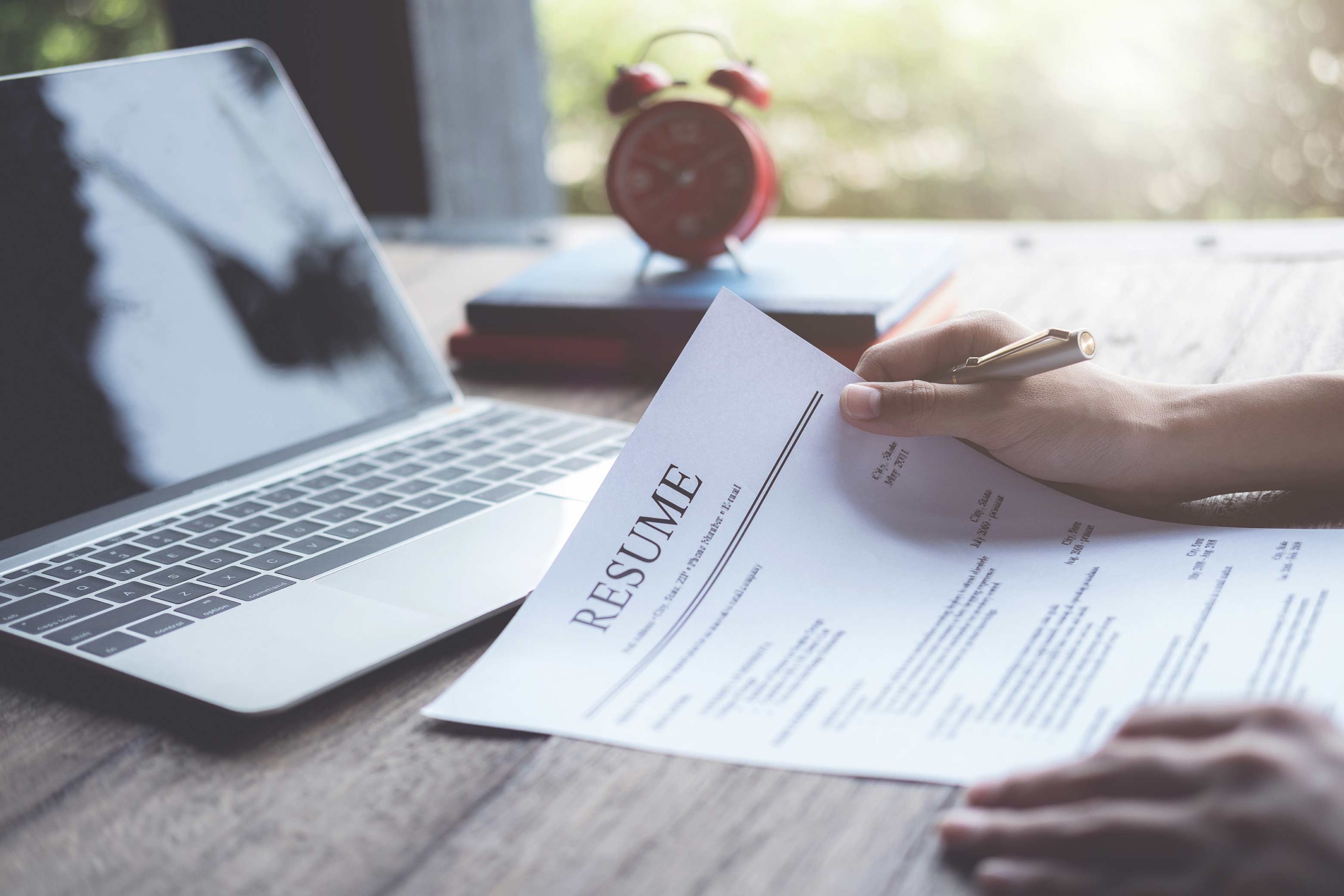When you’re applying for jobs in Australia, your resume (or CV) is your first impression — and getting it right can make all the difference. Especially for international students, understanding local expectations and formatting standards is key.
Whether you’re applying for part-time work while studying, internships, or graduate roles, here’s everything you need to know to write a winning resume in Australia.
✅ What Should a Resume in Australia Look Like?
Unlike some other countries, Australian resumes tend to be:
- 1–2 pages (Concise is key)
- Customised for each role
- Clear and easy to read (No fancy fonts or over-designed layouts)
- Without personal photos (unless you’re in a creative field like modelling or acting)
- Without unnecessary personal details like age, marital status, religion, or nationality (to avoid bias)
🧩 What to Include in Your Resume
Here’s the typical structure of an Australian resume:
- Contact Information
- Full name
- Phone number
- Professional email
- LinkedIn profile (optional but encouraged)
- Professional Summary (Optional but helpful)
- 2–3 lines that summarise who you are and what you’re looking for
- Key Skills
- Bullet points tailored to the job ad (e.g. customer service, time management, teamwork)
- Work Experience
- Job title, company, dates of employment
- Use bullet points to describe your responsibilities and achievements
- Start with your most recent job
- Education
- Your current university and course
- Any relevant training, certificates, or short courses
- Volunteer Work / Extracurricular Activities
- Especially helpful if you have limited work experience
- Referees
- “Available upon request” is fine unless the job ad specifically asks for contact details
🔍 Tailoring Your Resume for ATS (Applicant Tracking Systems)
Many companies use automated software to scan resumes. Here’s how to pass:
- Use keywords from the job ad
- Avoid using images or text boxes
- Use standard section headings (like “Education” or “Experience”)
🧠 Common Mistakes to Avoid
- Typos or poor grammar – always proofread!
- Using the same resume for every job
- Including irrelevant work experience or outdated qualifications
- Forgetting to include a cover letter (yes, it matters!)
📚 Useful Resources for Resume Writing
If you’re not sure where to start, here are some free and helpful resources:
Seek Career Advice – Resume Tips
Monash University – Careers and employability
University of Melbourne – Careers
RMIT – Jobs, careers and employability
👥 Want More Support?
At Journal, we know how important it is to feel confident in your job search. That’s why we offer regular career workshops, Journal Talks, Leadership Labs, and a supportive community to help you grow and build your future.
Read next article
Read previous article
Share this on the socials








